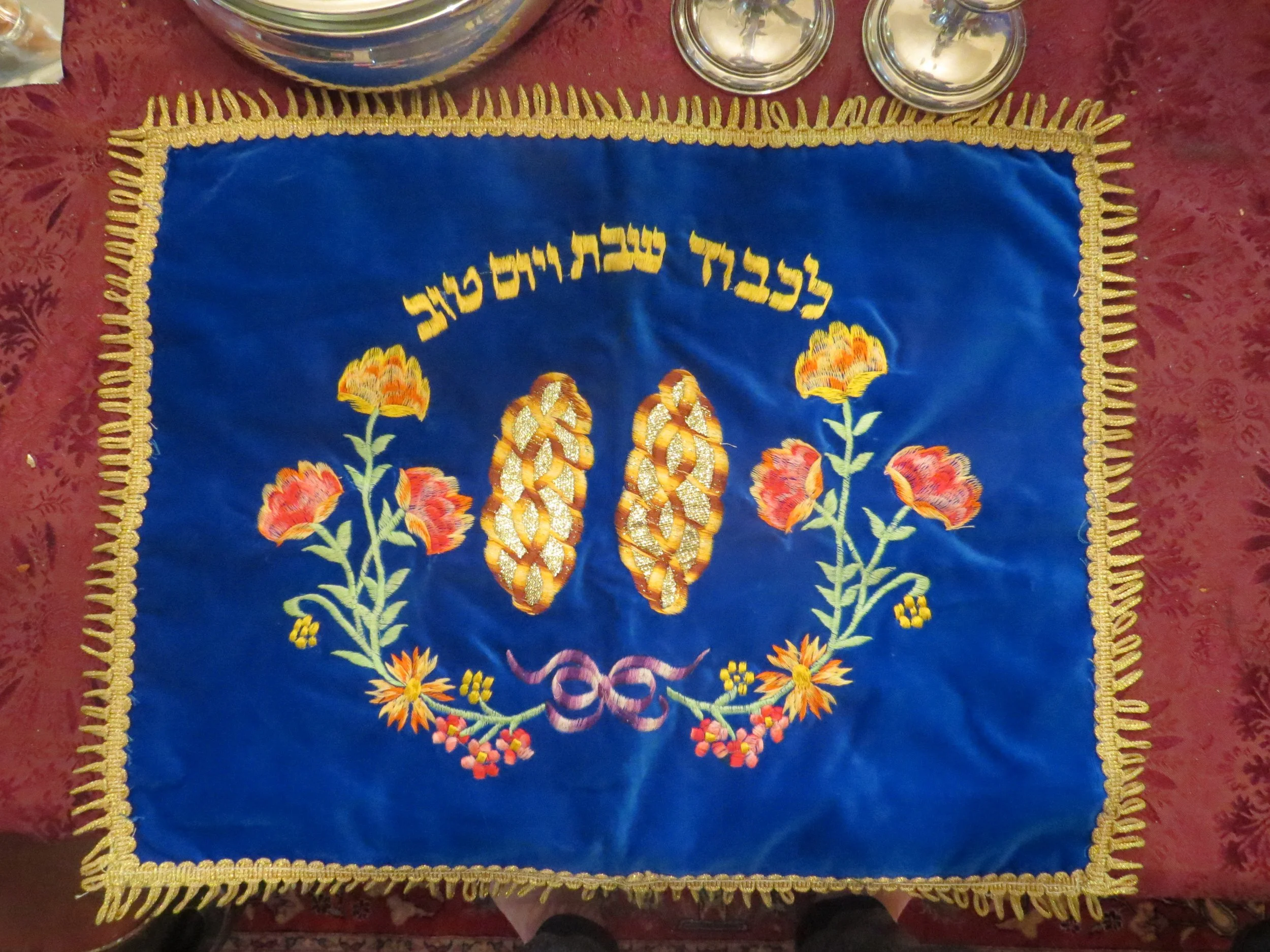DECIDING HOW TO LIVE JEWISHLY
The several main Jewish denominations have different ways of setting ‘policy’ about rituals, prayer, food, conversion, and other aspects of Jewish law and tradition.
Very generally speaking: among the Hasidic groups, all these decisions are made by the rebbe, whose main occupation is studying the texts in order to make rulings, and teaching them to his followers. Among modern Orthodox Jews, the authority is the Orthodox Union, whose committees, among other things, determines what commercial food products are kosher.
In the Conservative movement, rules on Jewish law are decided both through centralized decisions, primarily by the Rabbinical Assembly and its Committee on Jewish Law and Standards, and through congregational rabbis at the local level.
The Reform movement, while stressing retention of the key principles of Judaism, recommends individual study of the traditional practices. Reform Jews are free to follow only those practices that increase the sanctity of their individual relationship to God. This is also true for newer Jewish movements such as Renewal.
The generalizations above refer to the denominations in the United States; there are variations elsewhere.
The Reconstructionist process
The most sincere and valuable Jewish decisions are made by the community which will live by them.
There are no “Reconstructionist positions” on the Jewish practices of individuals. There is, however, a Reconstructionist outlook and method to making these decisions. How do they work?
Looking to the past for justifications of the way we should behave – or wish to behave – is a path toward frustration and unsupportable rationalization. Making Jewish decisions requires integrity.
Here’s the famous phrase applicable to this: the past has a vote, not a veto.
We can’t live the same way Biblical or medieval Jews lived. Their worlds were quite different from ours. But we can investigate what values led them to formulate the rules they followed – and puzzle out how we, too, can apply those values, in our own way.
For example, after a thorough study of the kashrut rules in the Torah, we might conclude that those restrictions on food and eating, functioned to uphold the holiness of life – even animal life. Most ancient peoples believed that blood was the essential element of life – and the Torah forbids the consumption of blood. Different foods sometimes had profound symbolic value – milk is life, and meat is death – and the Torah strongly implies that these must be separated. Our study and contemplation may lead us to conclude that all the Jewish food laws, initiated in Torah and developed in rabbinic thought, are a compromise with ethical vegetarianism – that ideal that existed in the legendary Garden of Eden.
The Reconstructionist preference is to study and reflect on, maybe for extended periods, issues like these. And this is best done in community. The quintessential Reconstructionist process is conducted within a congregation, a havura, or any group of Jews committed to pursuing a purposeful Jewish life.
So, when the group has arrived at something like an agreement about the value that our ancestors cherished when they followed their laws, it’s time to determine how we can live that value in our way.*
In this case, we might choose to live this value in one of several ways:
We could commit ourselves to ethical vegetarianism.
We could choose to follow traditional kashrut laws the same way halachic Jews do.
We could investigate newer standards of kashrut that focus on animal welfare and sustainability.
Whatever is decided, it will be a stronger, more supportable, more meaningful decision when it is made by the Jewish community. It will answer practical questions (like, how should we run our synagogue kitchen?) and spiritual questions (like, how do we personally affirm that life is holy, multiple times every day?).
*It is also possible that we’ll decide that a value held by our ancestors is one which we can no longer accept in any form. For example, most if not all Reconstructionist communities have decided that excluding women from a minyan (the quorum of ten adults required for certain Jewish prayers) has no enduring value.


